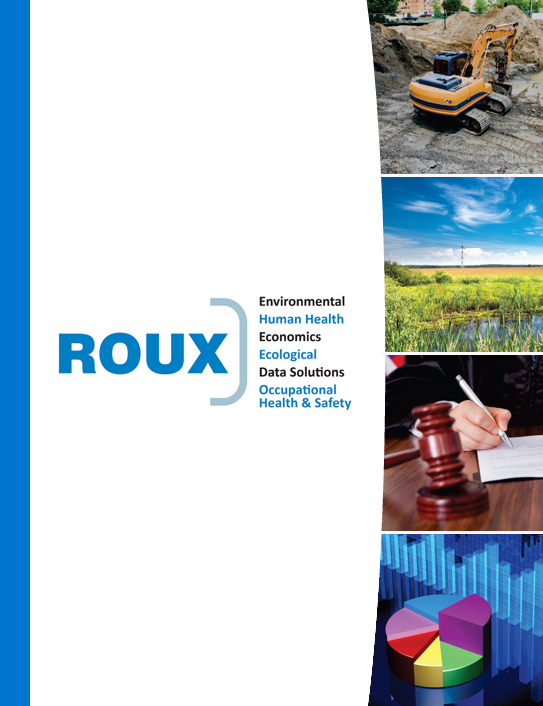Roux Insurance Update: New Jersey Environmental Justice Legislation
To help keep you up to date on current developments, Roux is providing this information to summarize topics pertinent to the insurance industry that you may find useful.
New Jersey Signs Environmental Justice Legislation
On September 18, 2020, Governor Phil Murphy of the State of New Jersey signed legislation (S232), known as a historic environmental justice (EJ) legislation, where EJ is defined as “the fair treatment and meaningful involvement of all people regardless of race, color, national origin, or income with respect to the development, implementation, and enforcement of environmental laws, regulations and policies.” A Final Action Plan for implementing EJ is proposed 240 days subsequent to the public health emergency (COVID-19).
In the years leading up to this legislation, eight (8) EJ lawsuits were filed in New Jersey. EJ cases ranged from gas stations and dry cleaners to Superfund sites across the northern and southern portions of the state of New Jersey (Camden County through Warren and Essex County), ranging from urban to rural demographics. In addition, eight (8) Natural Resource Damage (NRD) cases were filed against major corporations, along with manufacturers and distributors of per- and polyfluoroalkyl substances (PFAS).
Six (6) additional EJ lawsuits were filed in Superior Courts for a wide range of complaints, including companies that have released hazardous and toxic substances into surrounding environmental medias, most notably in residential neighborhoods. In some instances, the New Jersey Department of Environmental Protection (NJDEP) stepped in to begin remediation at the sites; however, the responsible party (RP) never finished the remediation. As part of the EJ lawsuit, the NJDEP is also seeking reimbursement for having completed remediation at these sites. It was noted that the reimbursement to the NJDEP ranged from $400,000 to $500,000, but does not encompass civil penalties, and to date no values associated with the civil penalties have been made public. These civil filings have been just a few of the environmental enforcement actions taken by New Jersey’s Attorney General.
How do you enforce or quantify EJ? One possible way is to apply EJ similar to NRD—estimating the impact to a community and assessing a fee to the responsible party. Because the concept is so new and the approach for quantifying EJ will be highly subjective, court challenges can be expected. Once a site is declared subject to EJ, it is very likely the insured will see an increased risk of exposure to civil lawsuits.
If you have any questions or would like additional information, please click on the button below.
